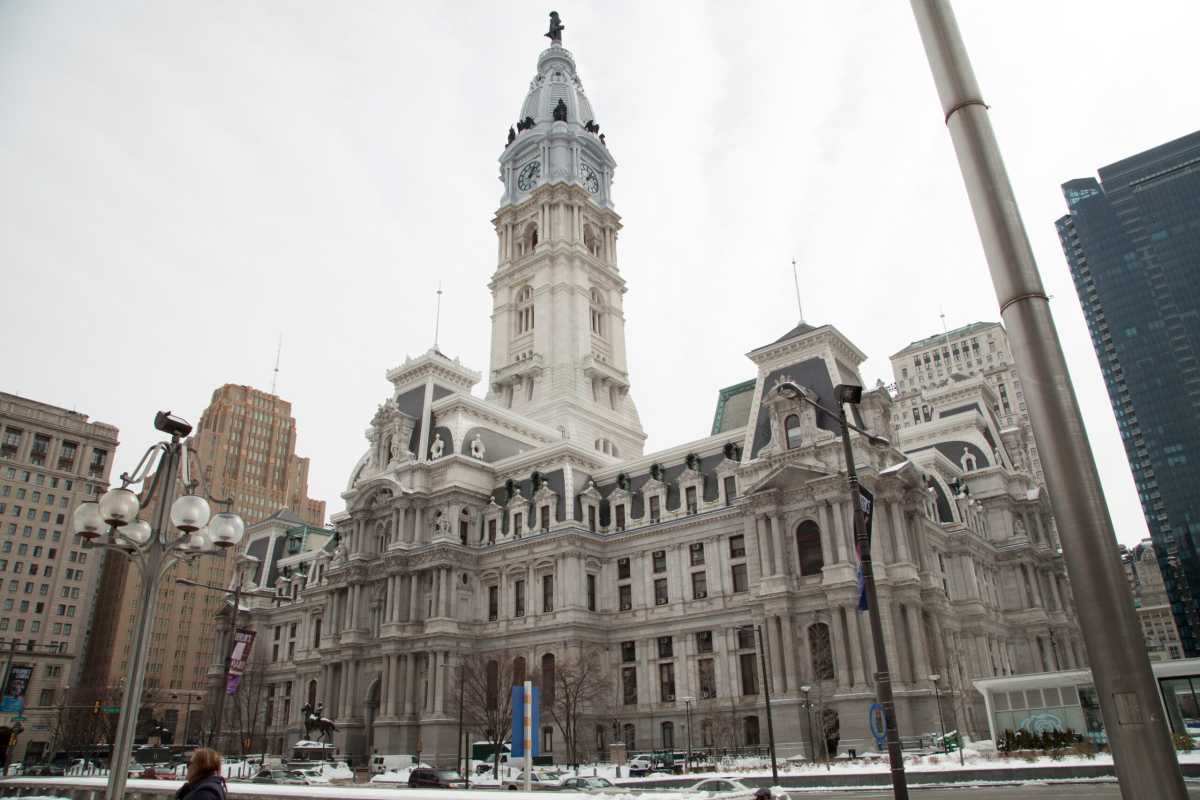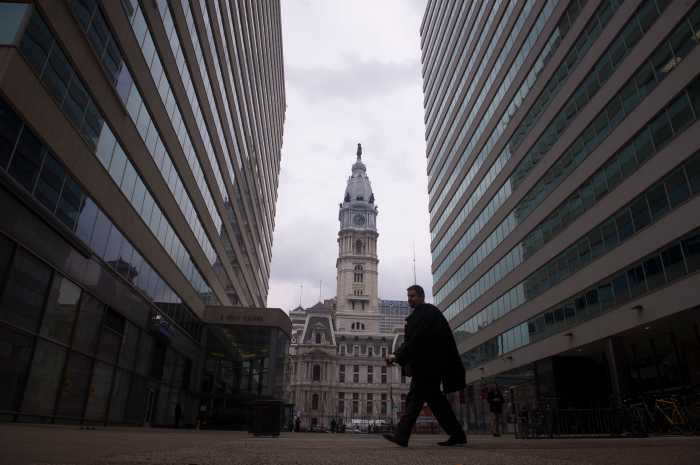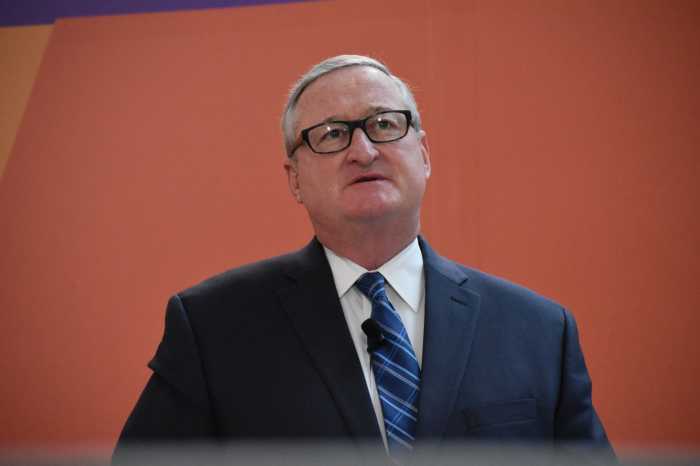Why stop at one?
That’s what City Councilmember Jamie Gauthier asked leaders from the Philadelphia Streets Department after hearing that their budget proposal incorporates a single additional crew to handle illegal dumping.
Streets Commissioner Carlton Williams responded that a crew includes 33 people and a variety of equipment. “So one crew may not seem like a lot, but it is significant to be able to address these issues,” he added.
Later, Williams said his ideal would be 10 teams – one for each council district – though some areas that experience a lot of dumping might require two. Currently, there are three crews citywide and would be four under Mayor Jim Kenney’s budget proposal for the 2024 fiscal year.
Lawmakers peppered Williams and other administrators with questions Monday during a virtual hearing to examine the department’s budget, which is set to receive a $10.9 million increase in Kenney’s plan.
A recent poll commissioned by the Lenfest Institute for Journalism found that 60% of residents believe addressing illegal dumping should be a top priority for the next mayor, and the percentage was higher among Black and Latino Philadelphians.
Councilmember Quetcy Lozada suggested a 24-hour trash cleaning and collection presence in Kensington, particularly to deal with waste from drug users and homeless individuals who congregate in the neighborhood.
“It’s a behavioral change that we have to get people in the mindset that they can’t treat our city like a trash can,” Williams said. “We come clean it up and two hours later… people dump it again.”
Williams said more than 500 cameras are monitored to watch for dumping, and his department is in the process of acquiring 150 more. Last year, authorities opened 26 dumping cases and issued 46 violations, he said.
“Yeah, we got to do something,” Councilmember Isaiah Thomas said upon hearing those numbers.
The Kenney administration’s budget proposal calls for expanding the city’s mechanical street cleaning program, from 14 neighborhoods this year to 20. Nearly 60 full-time employees would be hired to grow the initiative, according to the Streets Department’s presentation.
After dipping to between 30% and 40% during the height of the coronavirus pandemic, the department is collecting trash before 3 p.m. on the designated day 97% of the time, Williams said. That’s the highest rate in decades, he added.
Ramps drive up repaving cost
In order to maintain Philadelphia’s roads, the Streets Department has set a goal of resurfacing 131 miles of pavement a year; however, Kenney’s budget includes funding for just 75 miles.
An additional $120 or $130 million would be necessary to reach the target, Williams said, largely due to the price of constructing accessible ramps at street corner crossings.
Those ramps, which are designed to be traversed by wheelchairs and strollers, cost an average of $15,000 a piece and constitute about 70% of the total repaving cost, according to the Streets Department.
Late last year, the city agreed to install 10,000 ramps over a 15-year period and include the design as part of any street project. The commitment was laid out in a settlement from a class action lawsuit brought by people with mobility impairments.
Clarke tells Kenney officials to ‘come correct’ on safety officers
About 20 public safety enforcement officers graduated from training last month, becoming the first group to assume a newly created position to enforce traffic laws in Center City and get abandoned cars towed.
The years-long effort to bring on the civilian officers – an initiative championed by Council President Darrell Clarke – required an arbitration ruling with the Fraternal Order of Police.
Clarke asked whether the Streets Department, which oversees the unit, was planning to request more funding to hire additional safety enforcement personnel.
“As you know, we stood up the program within about three months, which, in my experience with the city, is incredibly quick,” Deputy Streets Commissioner Christopher Newman said. “Now we want to make sure that it works. I would anticipate next fiscal year we would be asking for more positions.”
“I understand that’s the answer you have to give today, but let’s be real,” Clarke responded. “We have set extremely high expectations of this program.”
Then, Clarke, who is not running for reelection in November, addressed city Budget Director Marisa Waxman, saying, “As the deputy chief bean counter, tell (Finance Director Rob Dubow), the chief bean counter, that you need to come correct. If we’re going to do this, let’s do this.”
Council and the Kenney administration have until the start of the new fiscal year, July 1, to pass a municipal budget.






























